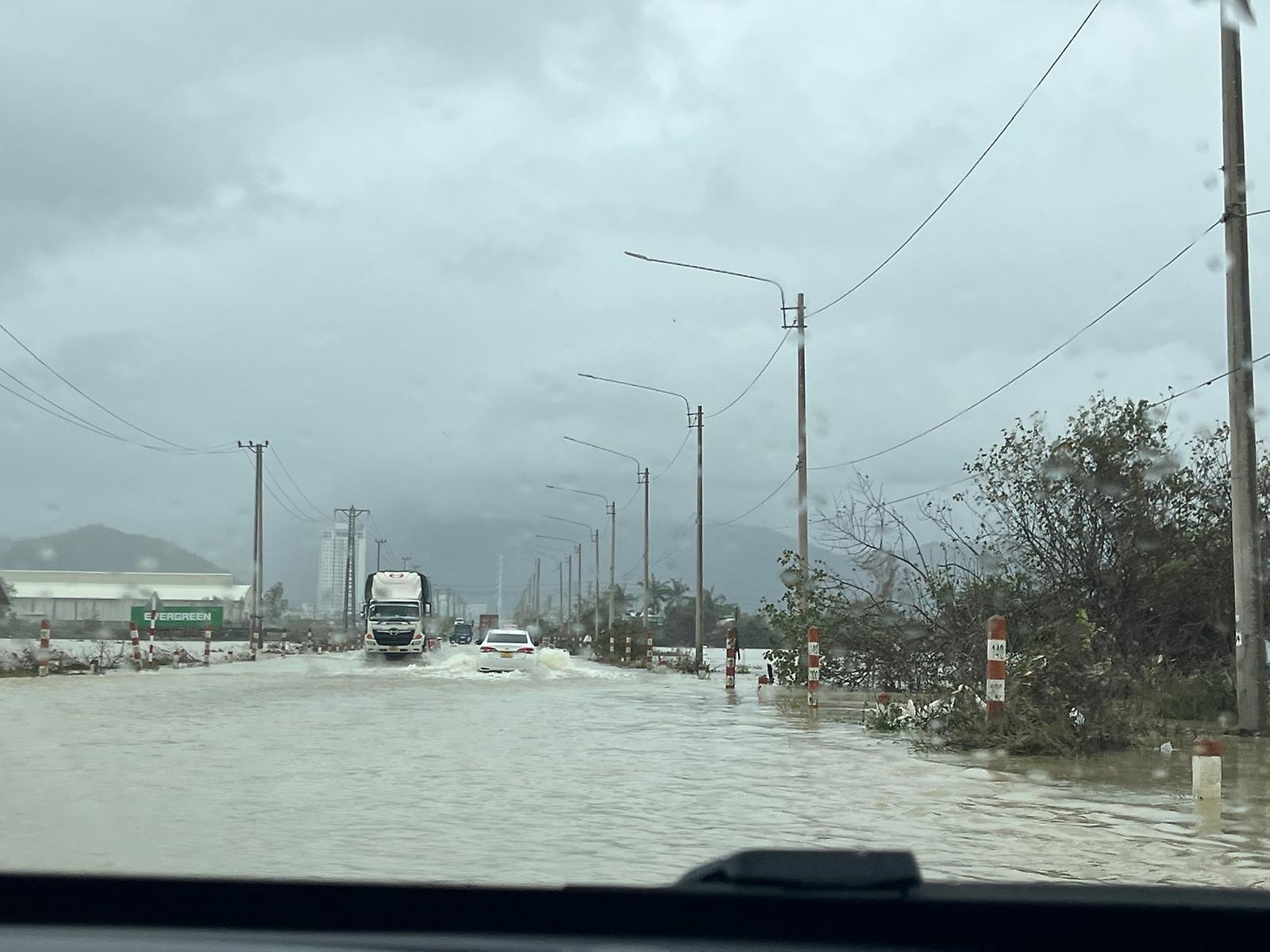New project studies air pollutants from forest fires
There have been several major forest fires in the large, forested areas of the northern hemisphere in recent years, and these have led to an increase in air pollutants which affect human health. Researchers are now investigating how a changed climate with rising temperatures and more extreme heatwaves is affecting forest fires, and the possible health impacts of the increase in air pollutants.
The boreal forest region is the large band of coniferous forest that stretches around the northern hemisphere at the edge of the Arctic, passing through Europe, Asia and North America. Large fires have long been common in areas such as Alaska, Canada and Siberia. In recent years, however, there have been signs that their numbers are increasing. Sweden was hit by fires during the warm summer of 2018, and intense forest fires raged in several Arctic locations including Alaska and Siberia in 2019.

The boreal forest region is the large band of coniferous forest that stretches around the northern hemisphere at the edge of the Arctic, passing through Europe, Asia and North America. Now, researchers will study the conditions for forest fires in the Arctic in a changed climate and they will also be examining the health effects of the air pollutants generated by these fires.
Now, researchers will study the conditions for forest fires in the Arctic in a changed climate – a highly topical issue, as the Arctic is warming up around twice as quickly as the global average temperature. They will also be examining the health effects of the air pollutants generated by these fires.
“We will be modelling air pollutants from forest fires, both today and in a changed climate, and we will be studying Sweden’s 2018 fires in particular,” says Joakim Langner, an air quality researcher at SMHI and coordinator for the Swedish part of the international project. “The main focus will be on particles including soot, but we will also be looking at ground-level ozone and other air pollutants.”
Modelling air pollutants from forest fires will provide a basis for health studies to be carried out by researchers at Umeå University.
Visualisation spreads knowledge
We currently lack scientific knowledge about how forest fires affect air quality in the surrounding area. Such an understanding is important in order to develop resilience to the consequences within local societies in the region. Within the project, researchers will work together with local decision-makers to build a tool that visualises future scenarios and effects. This will facilitate a broad spread of knowledge within society, both locally and nationally.
The project will mainly focus on forest fires and the health effects of the resulting increased air pollutants. Researchers in Finland will also be studying changed conditions for insect-borne infections, such as those carried by ticks, linked to a changed climate.
The ACRoBEAR (Arctic Community Resilience to Boreal Environmental change: Assessing Risks from fire and disease) project will run for four years, and has been granted funding via the Belmont Forum’s Climate, Environment and Health call. This brings together research to increase understanding of the links between climate, the environment and health worldwide. Swedish funding for the project is being provided by the Forte research council.

